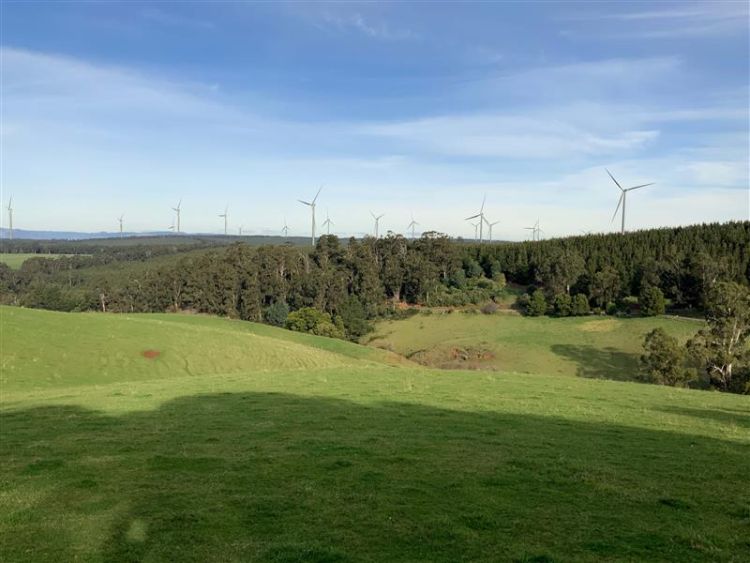SEC Energy Jobs and Skills Forum
Held on 29 June 2023, our Energy Jobs and Skills forum brought together more than 300 experts including the renewable energy industry, workers, Traditional Owner groups, employers, TAFEs, universities, technical schools, training providers and peak bodies – to help shape Victoria’s renewable energy workforce.
What we heard on the day
Planning
Challenges
Workforce demand is uncoordinated across the sector, creating uncertainty.
Greater collaboration between industry and government is needed to map and sequence the forward pipeline of projects to manage workforce impacts.
- Developers plan projects in isolation. This can create a ‘stop-and-start’ industry that is unattractive for workers.
- A lack of coordination also makes it more likely employers will need to compete for workers both within and beyond the industry.
Opportunities
Collaborative workforce planning could help ‘smooth’ workforce demand.
- Greater collaboration between industry and government is needed to map and sequence the forward pipeline of projects to manage workforce impacts.
Place
Challenges
Projects tend to be in regional areas with added workforce challenges.
- Regional populations are smaller, so it is harder to find the workers and skills needed.
- It is hard to hire from outside regions.
- Commutes are long and people do not want to move.
- Some regions may face added liveability challenges such as housing shortages.
Opportunities
Workforce planning and place-based development can mitigate barriers.
- Workforce planning can spread workers across projects and attract community investment.
- Employers and training providers can skill local workers to match their needs.
- Investments in local infrastructure and revitalisation may also help attraction.
Attraction and retention
Challenges
The sector currently struggles to attract and retain the workers it needs.
- People have less awareness of renewable roles and pathways, including students.
- Attracting workers depends on offering competitive conditions, including stability, support for career progression and wages.
- The sector can do more to engage diverse cohorts and women.
Opportunities
The sector can work to build its profile, reputation and attractive roles.
- Offering work experience and immersive school programs can help attract students.
- Employers could invest further in what makes roles attractive, including connection to purpose, competitive conditions and ongoing career development.
- Inclusion needs to be embedded, supported by targets, flexible working policies and leadership.
Training
Challenges
Training and skills offerings need to be responsive to market needs.
- Not enough people are enrolling in the qualifications the sector needs.
- The sector requires flexible training to specialise and build on base skills like engineering, and support mid-career transition.
- Training will need to rapidly adapt as new technologies emerge.
Opportunities
Schooling and training work best when they are immersive, flexible and industry-informed.
- Clarifying pathways from school to the workforce, including transferable options, will support enrolments and mobility of students.
- Providing real-world industry experiences will build student interest and skills.
- The TAFE and training system will need to invest in the latest facilities and capabilities.
- A culture of continuous learning will also help the sector to navigate changes and retain an engaged workforce.
Outcomes from the forum helped shape the Victorian Government’s first-of-its-kind Victorian Energy Jobs Plan, ensuring Victoria’s workforce meets the needs of our energy transition and investments.
The plan prioritises practical actions to address gaps and workforce shortfalls, and position Victoria as a renewable energy workforce leader.
Post-event report
Our post-event wrap-up report captures the key discussion points and insights that participants raised on the day.



